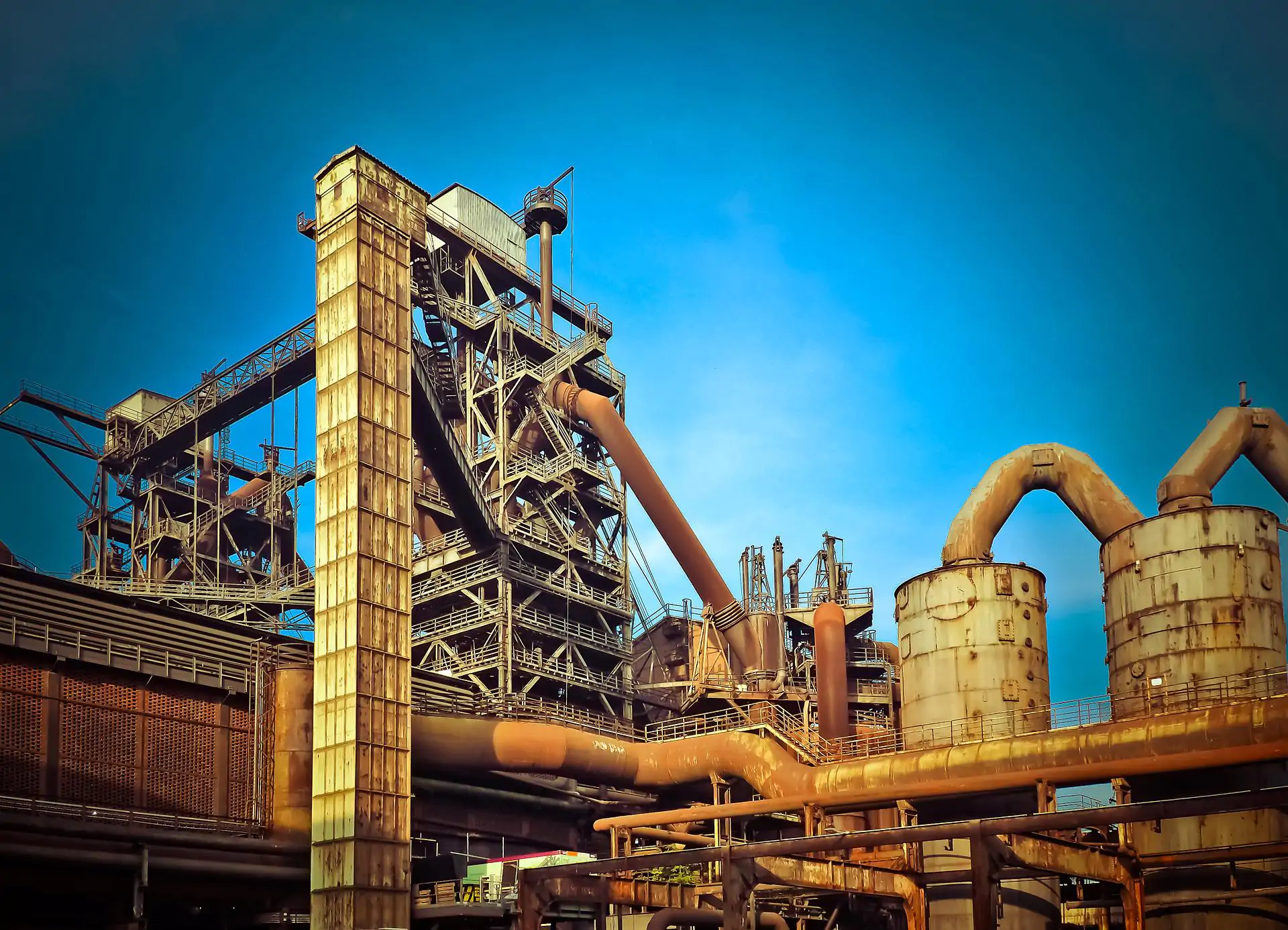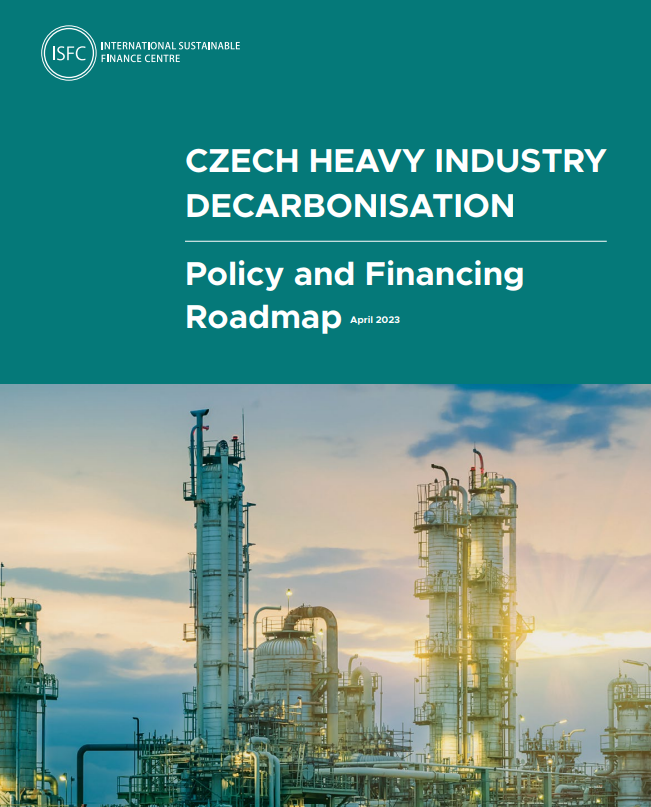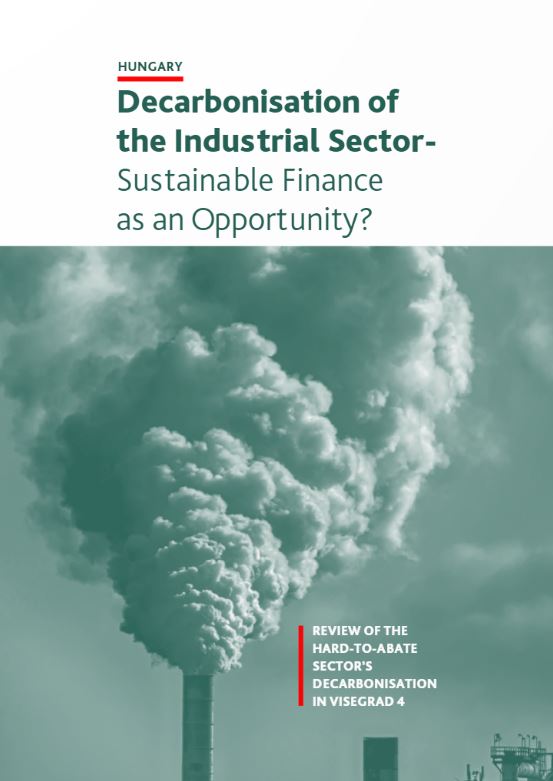Sustainable Finance for Industry Decarbonisation
Advancing industrial decarbonisation in the Czech Republic, Hungary, Poland, and Slovakia.
Economy Finance Sustainable Economy

Project info
Czech Republic, Hungary, Poland, Slovakia
10/21 - 03/24
Private sector, National governments, Associations, Non-governmental organisations
532,455.00 €
Contact info
Martin Vokalek
- Equilibrium Institute
- International Sustainable Finance Centre z.u.
- PEDAL Consulting
- WiseEuropa - Foundation Warsaw Institute for Economic and European Studies
Background
Visegrád Group (V4) constituents Czech Republic, Hungary, Poland, and Slovakia are currently lagging behind in industrial decarbonisation. The four countries have to focus their efforts on heavy-emitting industries if they are to meet national as well as EU climate targets. However, the necessary expertise, financing mechanisms and policy incentives are still lacking among representatives of politics, business, and finance.

Project
The project team provides representatives of heavy-emitting industries, of financial institutions and policy makers with the necessary knowledge to promote and advance decarbonisation efforts in the target countries. To this end, the team carries out several activities, closely engaging with the target group at all stages. First, it conducts a baseline study on the state of industrial decarbonisation in the V4 countries. On this basis, it develops a policy and financing roadmap that guides investors and policy makers through the steps they need to take in order to initiate the decarbonisation process. Additionally, workshops and information events target representatives from the industries, providing knowledge and skills in the fields of climate change, decarbonisation, climate policies and sustainable finance. Furthermore, a conference and an online portal enable the target group to easily access information on industrial transformation as well as on financing opportunities and instruments. While providing decision makers with the necessary knowledge, the activities also foster communication, collaboration and networking among the participants. This enables the sharing of ideas, of best practice examples, and the formation of a critical mass to hold politicians accountable for their decarbonation efforts. An “industrial taskforce” in each country gathers members from different sectors and geographical areas, who commit themselves to net-zero goals, provide thought leadership for the further project, and promote the decarbonisation agenda. In the medium to long term, these activities thus contribute to the development of decarbonisation-oriented policies and regulatory frameworks in the V4 region.
Last update: July 2024


